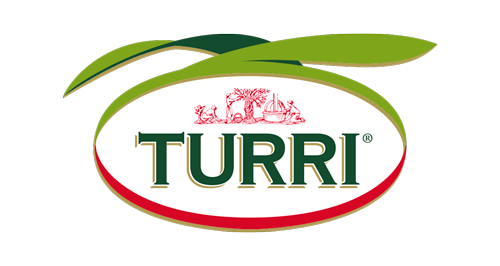Since the dawn of time, the environs of Lake Garda have been inhabited by many different tribes and populations. In ancient Roman times it was called the lake Benacus, a name of Celtic origin meaning ‘horn’, on account of its shape.
Other more extravagant theories for the name Benacus suggest that it comes from the Latin ‘bonae aquae’, good waters, or alternatively, from the expression ‘bel loco’, i.e. a beautiful place. Lake Benacus was first mentioned by Polybius in the 1st century b.C. and a hundred years later, by Virgil. Catullus had a villa overlooking the lake, and describes it in many of his works.
The name Garda only became popular in the early Middle Ages, some time after the 11th century, and comes from the Gothic word Warda, meaning “guard”. Warda was the name given to the fortress overlooking the Rocca bay where the first settlements of what was to become the town of Garda were established. In “Il Vocabolario dei pescatori del Garda” (lit. The vocabulary of Lake Garda fishermen), Criscini quotes an expression from the chronicles of Frederick Barbarossa’s invasion in 1158. When describing the siege of the fortress, the rock on which it was built is described as “supra lacum circa wardam”, a partially Latinized Germanic expression. The importance of this geographical feature was such that soon, its name was given to the lake lying at its foot.


